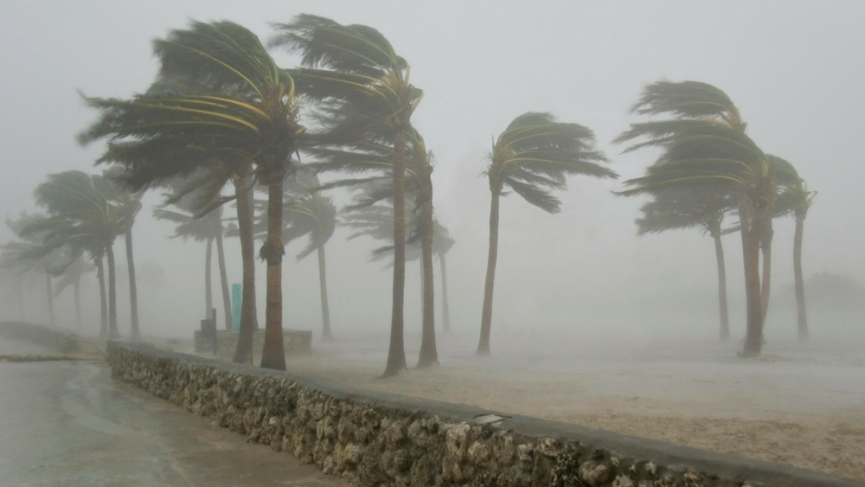With natural disasters, like this year’s hurricane Harvey & Irma, many people find themselves losing their homes, personal property and even their lives. With such devastation, not everyone know what to do or how to carry on. Although personal items are replaceable, a certain wall is torn down when we lose them, causing distress and depression. We are not all able to quickly replace these things, and the toll it can have on us can be unruly and stressful. We aren’t all coping with stress like everyone else is, and the mental health impact that natural disasters have on us can last a lifetime.
Natural disasters happen everyday, and the emotional impact can last a lifetime. In the event of a hurricane, tornado, blizzard, earthquake, flood, etc. one may find themselves struggling while coping with stress. A natural disaster is a major traumatic event for some, and the stress following the disaster can cause mental and physical health issues. Stress not only affects mental health, but it affects physical health as well as the body become strained and tense.
Mental Health Tips for Coping with Stress
Talk.
Talk about it. When you talk with other people, you’re able to take a weight off of you shoulders while relieving stress. When you share your feelings with others, you’d be surprised how many people can relate and empathize with you. Human interaction is key when coping with stress, particularly after a natural disaster or other tragedy.
Look After Yourself.
You should avoid sleeping in or avoiding food and water. Coping with stress not only takes a toll on your mental health, but on your physical health as well. Be sure to get plenty of rest, exercise when you can, and eat as normal. For those of you that smoke or consume caffeine (coffee), try to limit any intake to avoid unnecessary added stress.
Get Together with Friends and Family.
Again, human interaction is key when coping with stress. Family and friends are ideal people to get together with in these situations. They already know you and have an idea on what help. If you have family that is far away, you can get a hold of them by giving them a call and simply speaking to them Any familiar voice can give you the comfort you need. If any of your family members, such as sibling, children or spouses, are affected by the natural disaster, encourage them to speak and express their feelings with you. This can be healing for both of you.
Avoid News of the Disaster.
Your stress can increase if you are watching or reading news about the natural disaster. Of course, keep yourself updates, but don’t overdo the exposure of the event as it will bring you back to the beginning of the coping process.
Do Things you Enjoy.
Don’t just sit at home, consider doing the things you love. Go out and see a movie, go for a walk or even read a book. Any activity that you love can be healthy for you to keep your mind occupied rather than dwelling on the disaster.
Take it Slow.
Stay positive and take it one step at a time. Many people find themselves taking on massive amounts of work or tasks to keep them occupied and avoiding any thought about the disaster. Overdoing it is easily done when going from task to task. Instead, take it slowly and move at an appropriate pace to avoid unnecessary added stress.
Stay Away from Drugs & Alcohol.
It is very common for people to turn to drugs and alcohol when coping with stress after a natural disaster. However, this is just a temporary fix and, at times, not a fix at all. This could create additional problems in the long run.
Ask for Help When you Need To.
There may be a point where your feelings of stress or depression can interfere with your day-to-day functionality. It can be so intense, making daily activities hard to complete. This is when you should know that asking for help is a necessary thing. You should not feel embarrassed about your feelings, and instead should feel comfortable seeking help. Seeking help means you are making the first step toward recovery when coping wit stress after a natural disaster.

